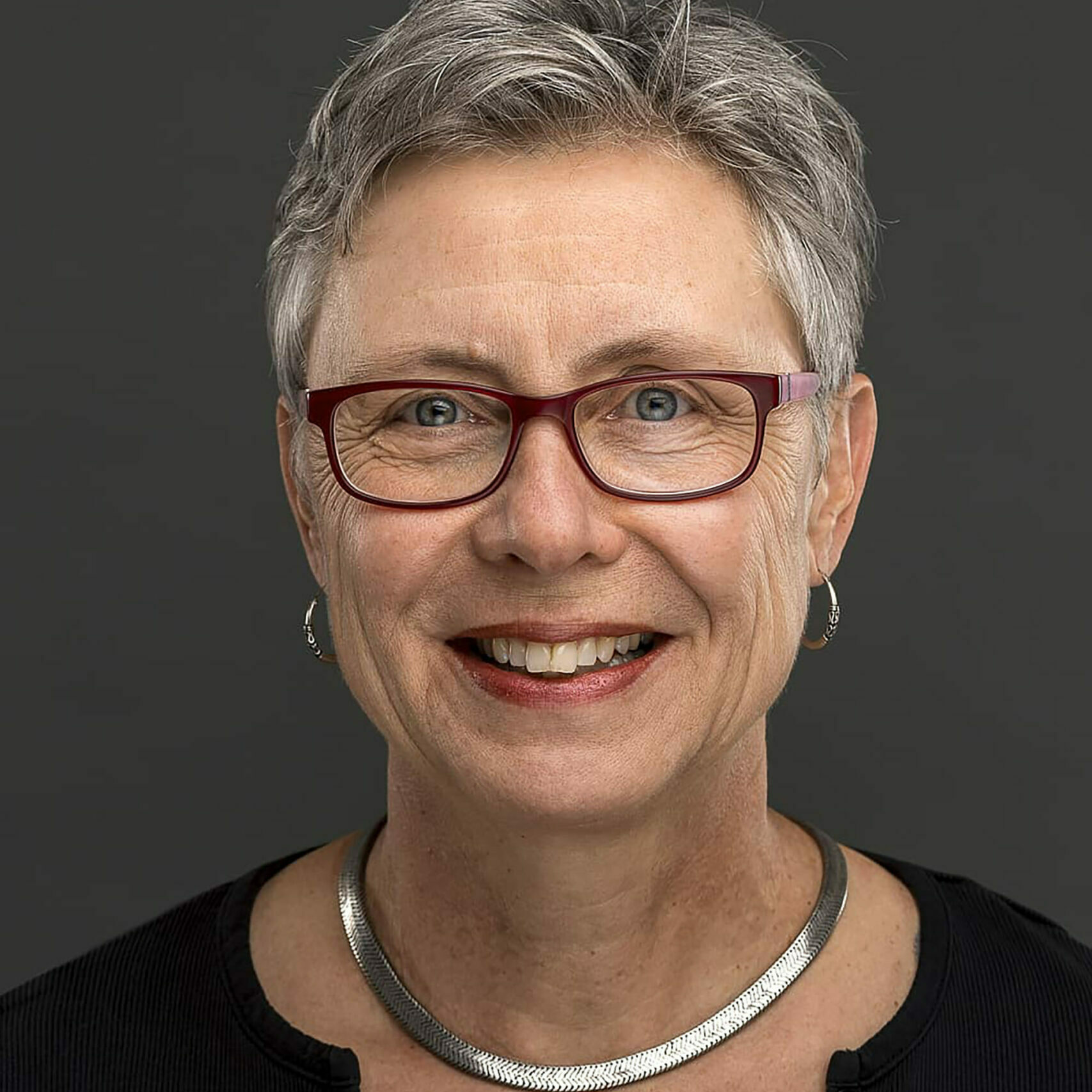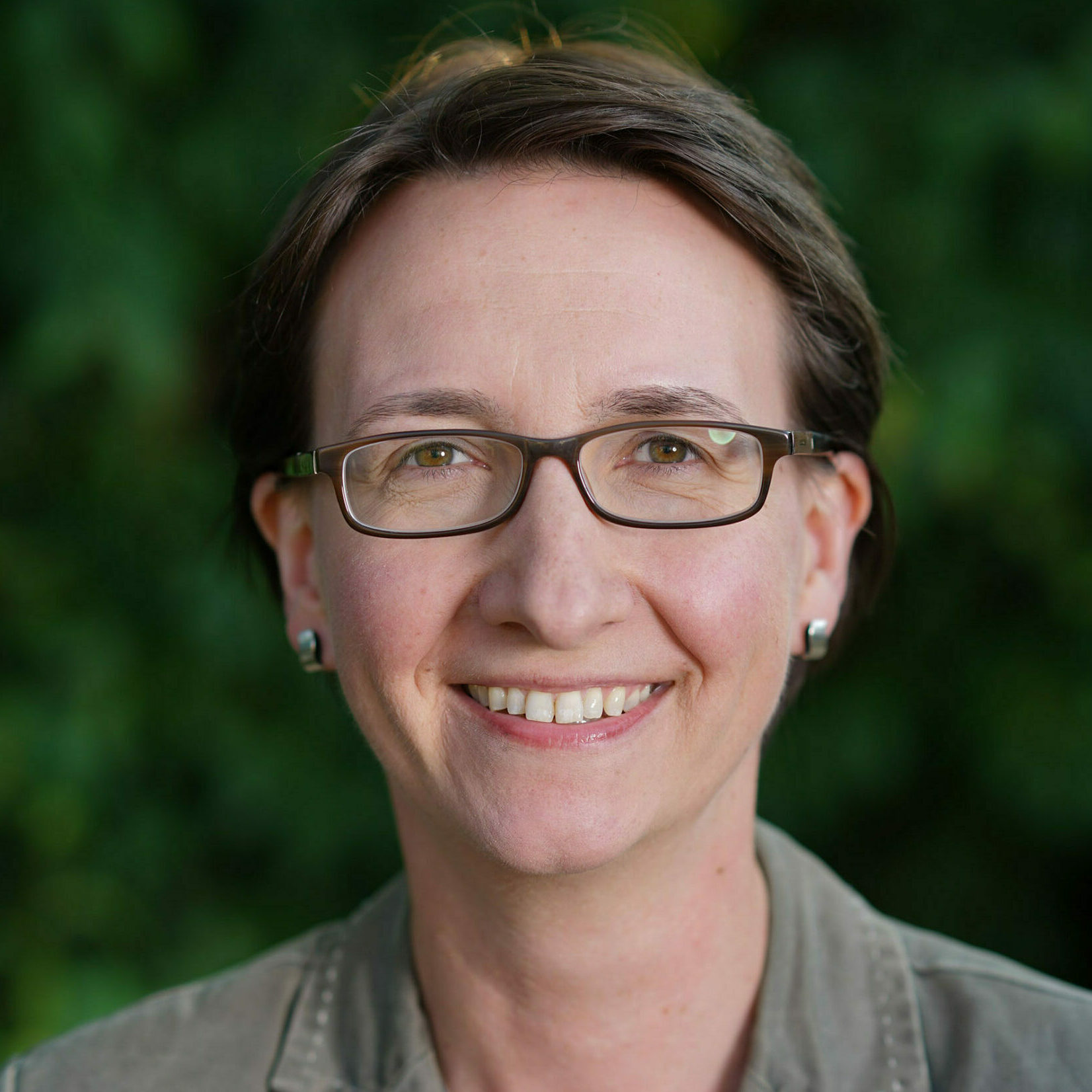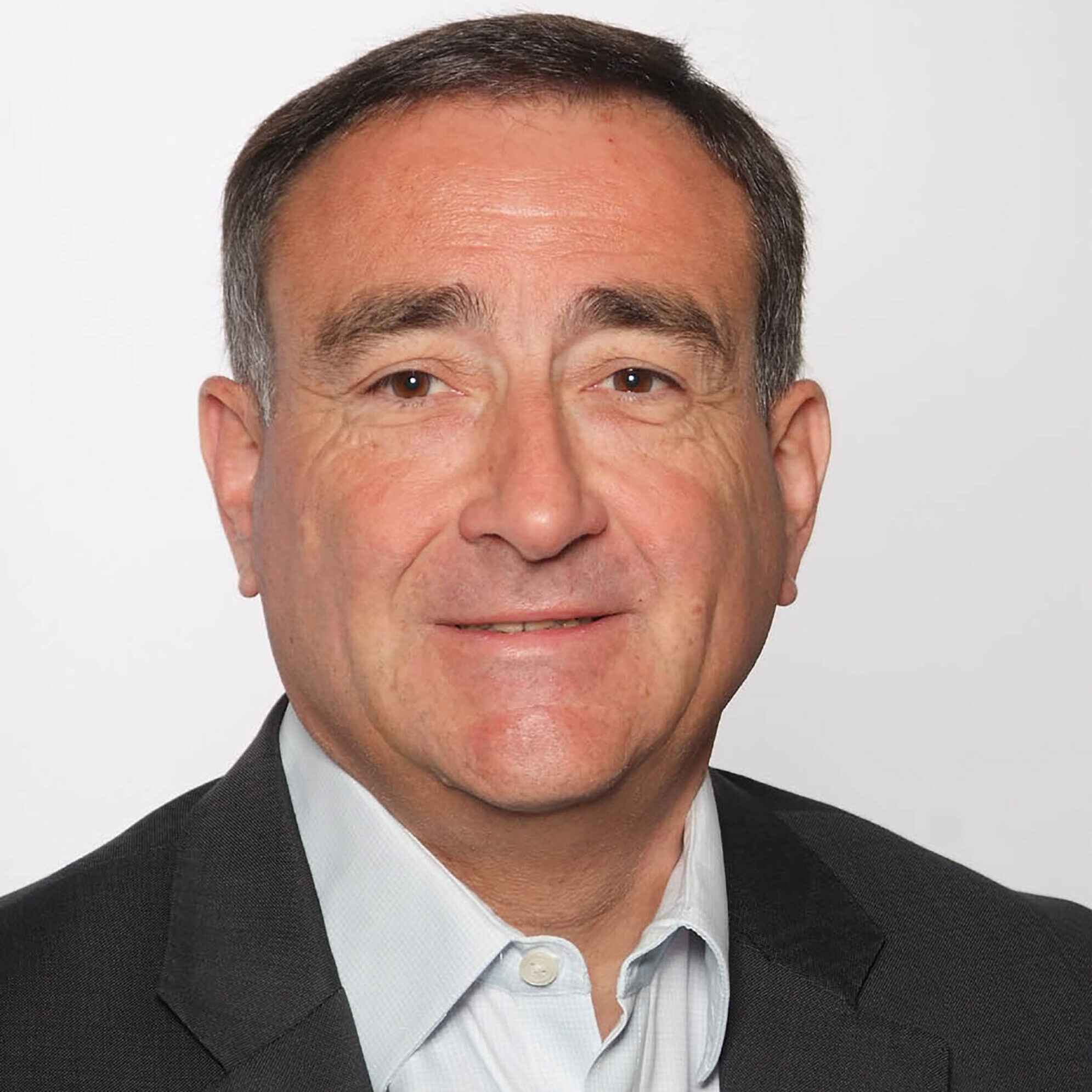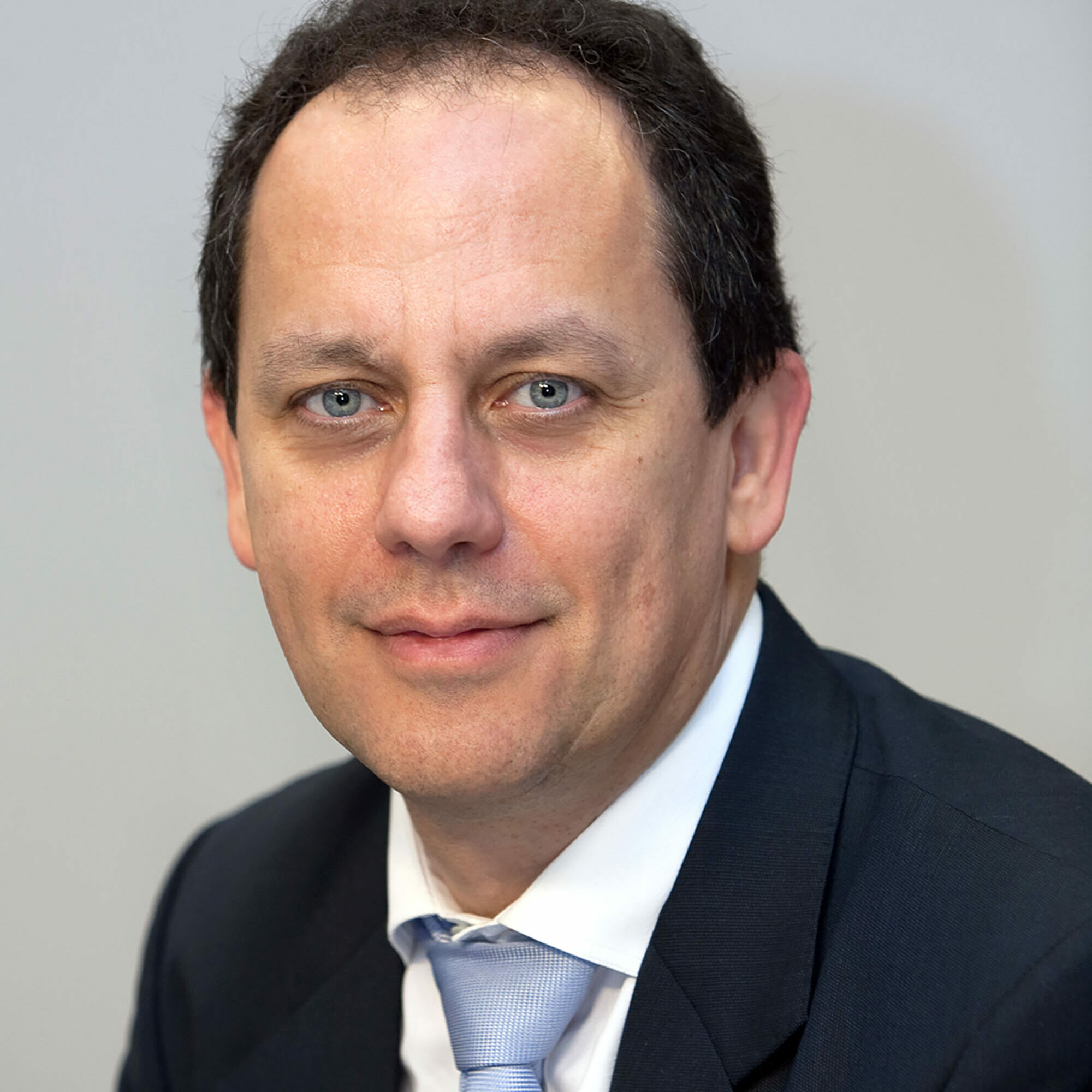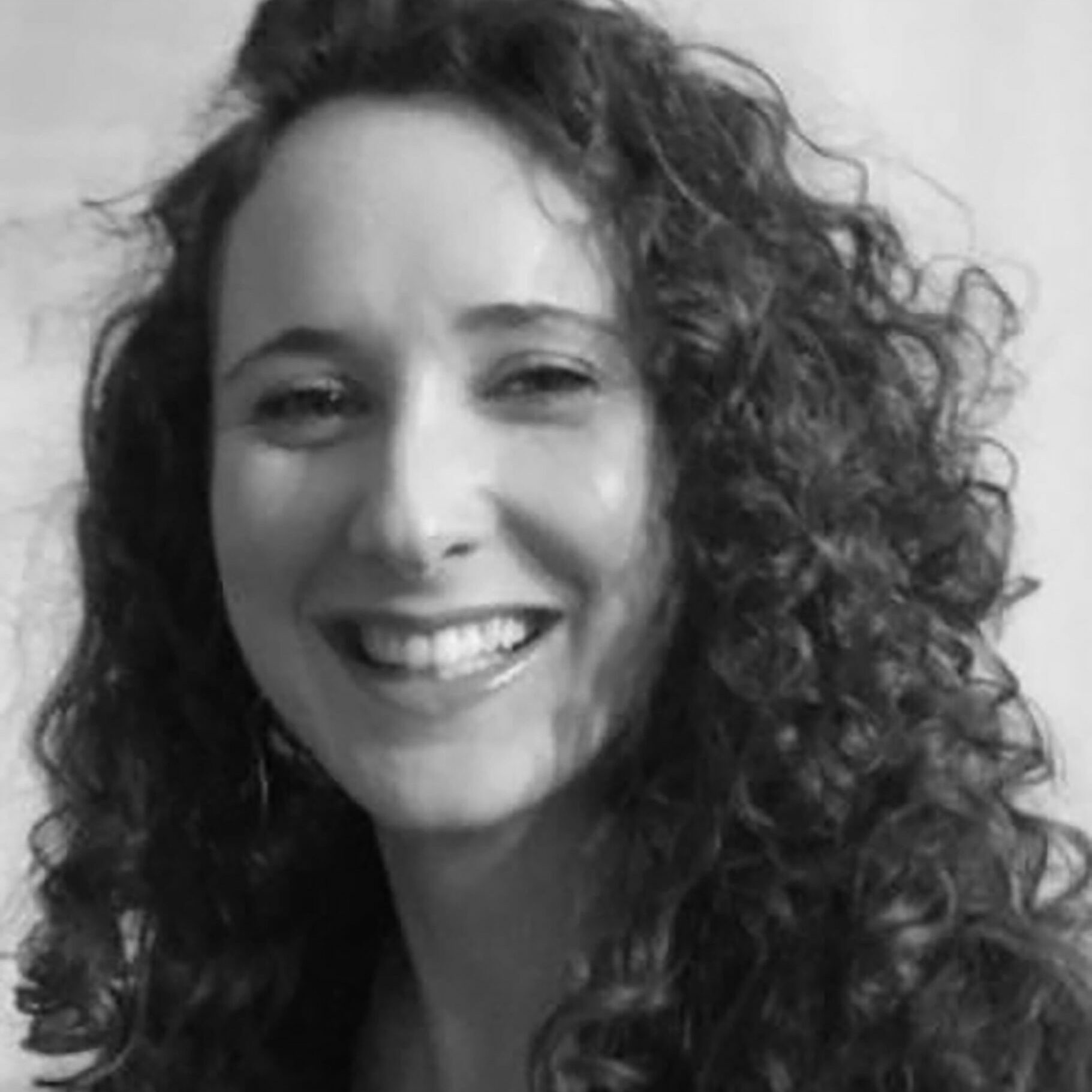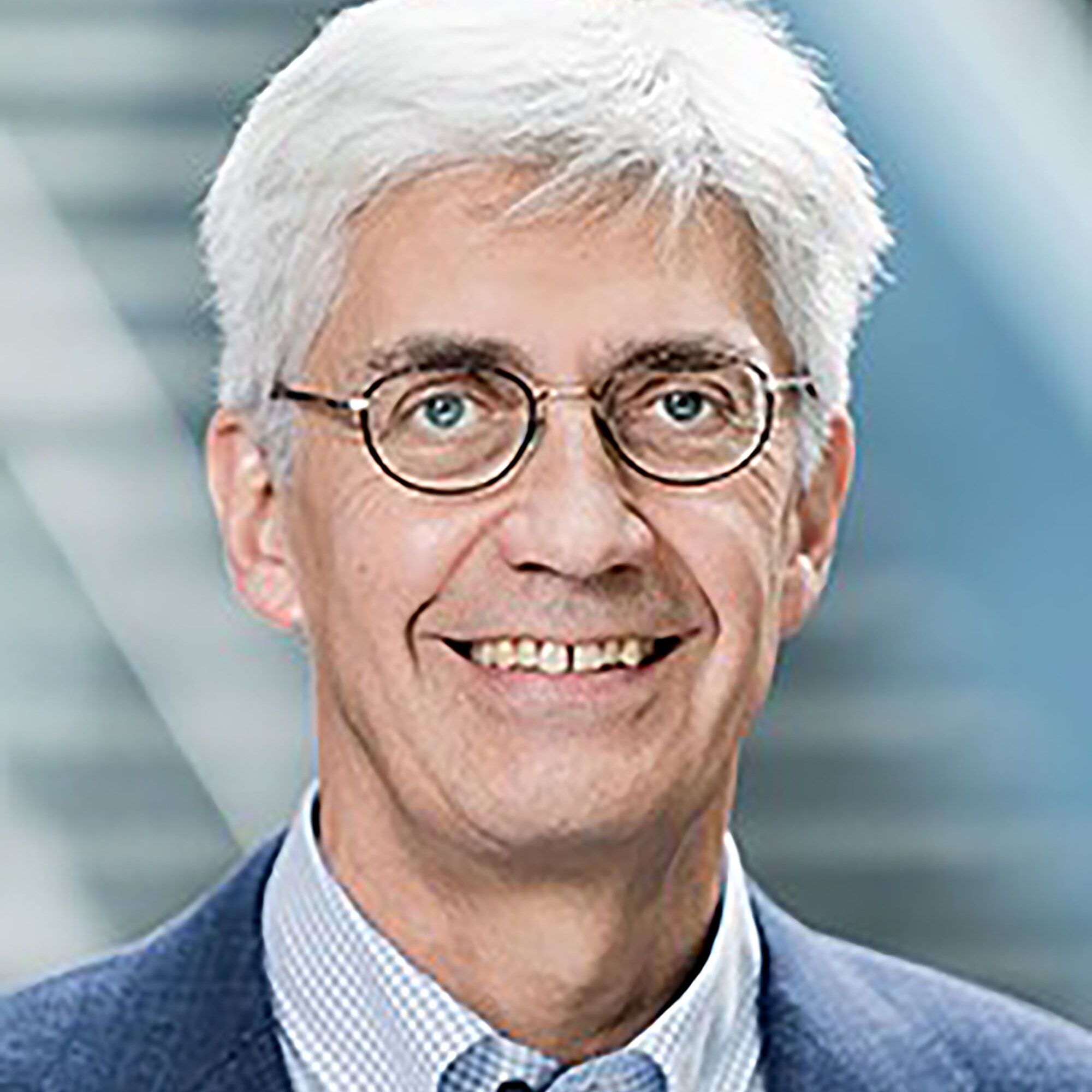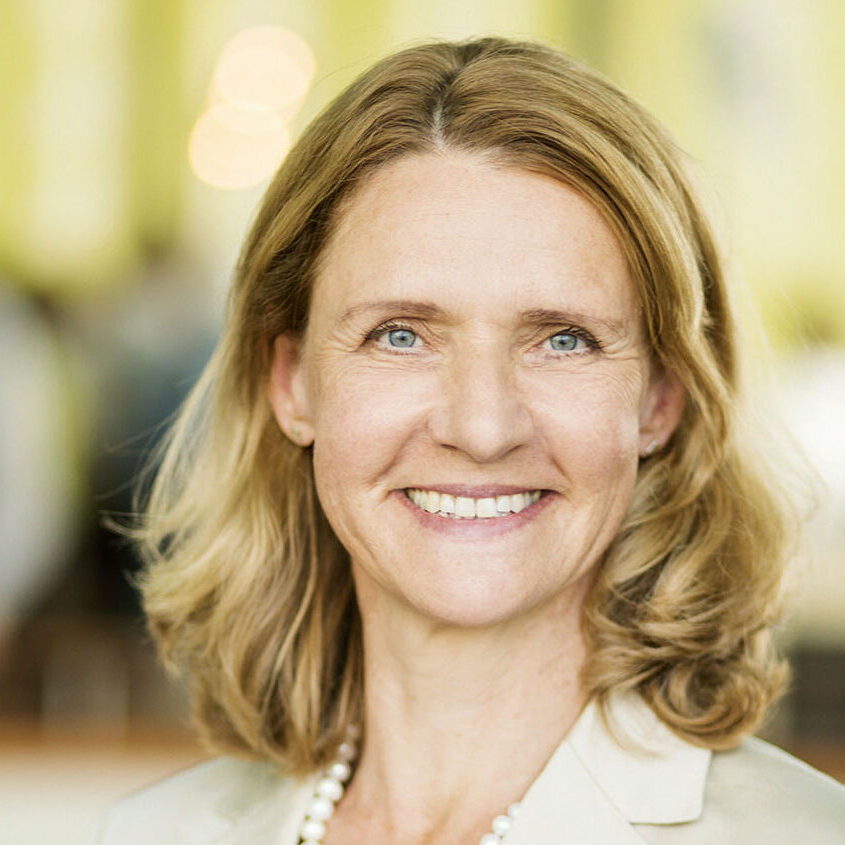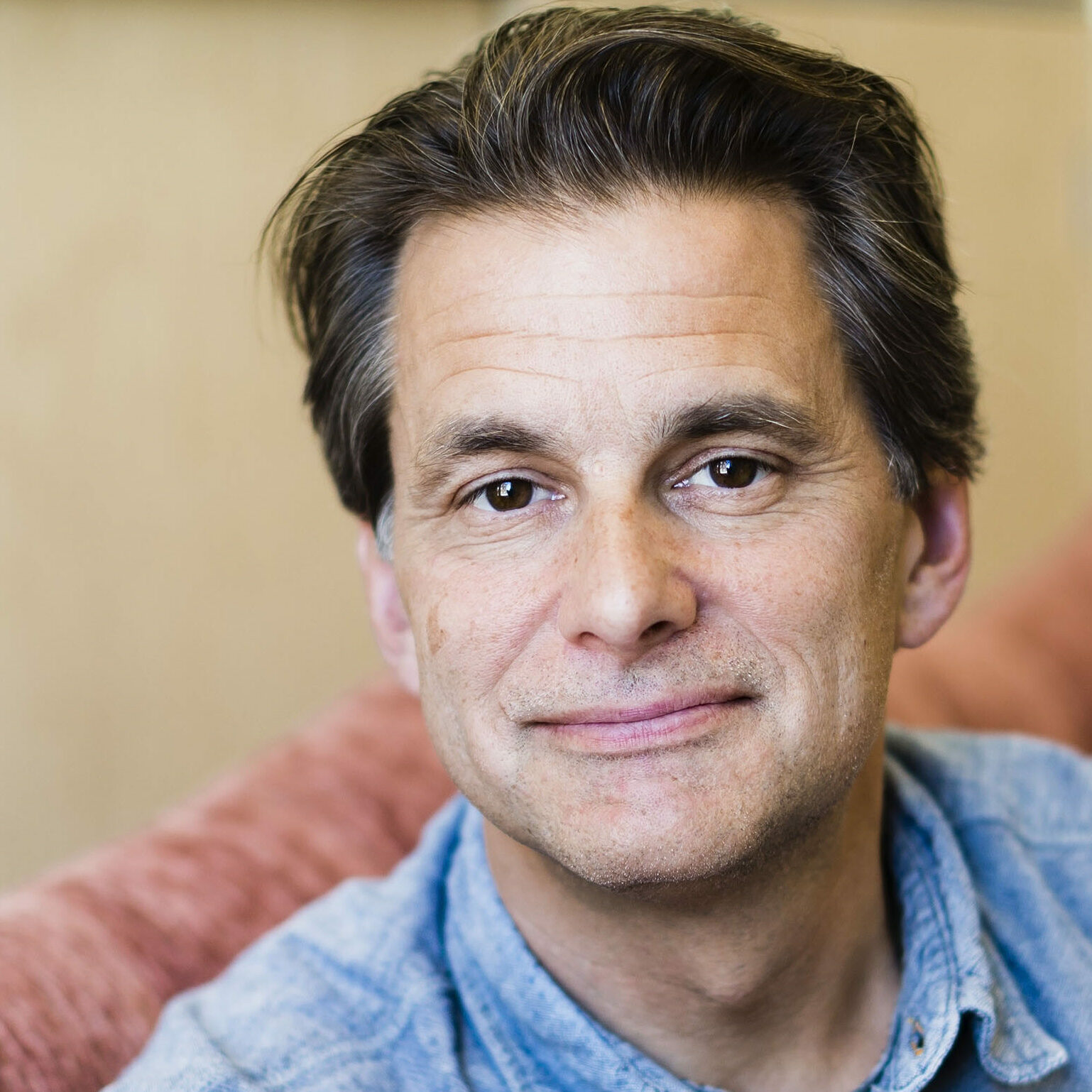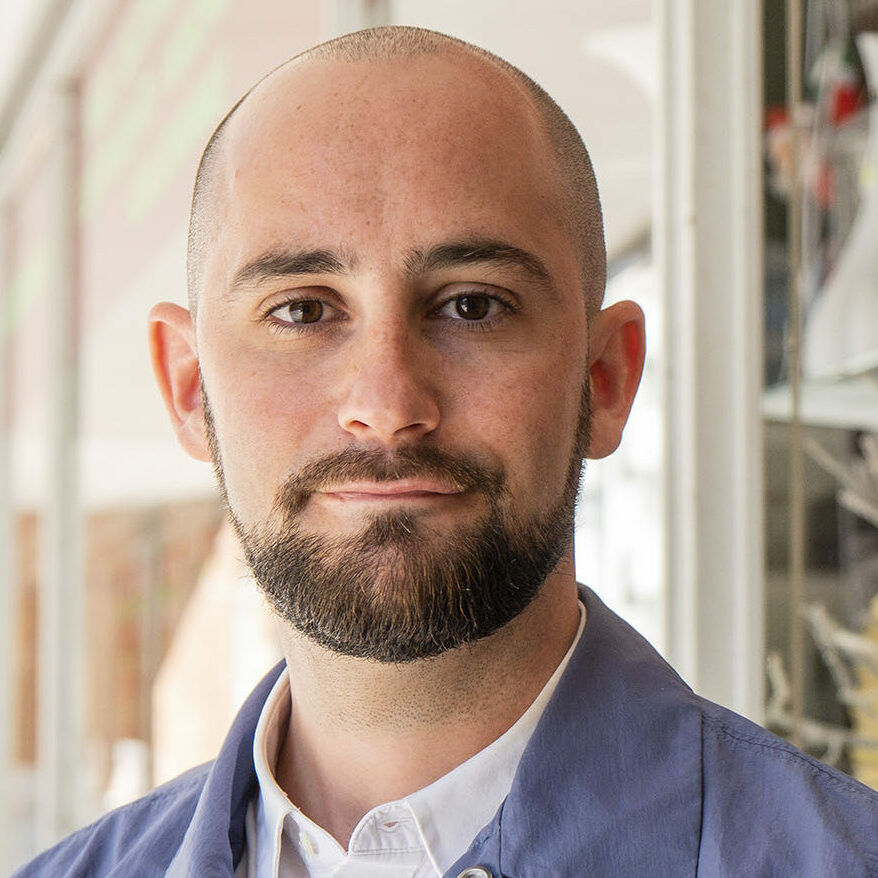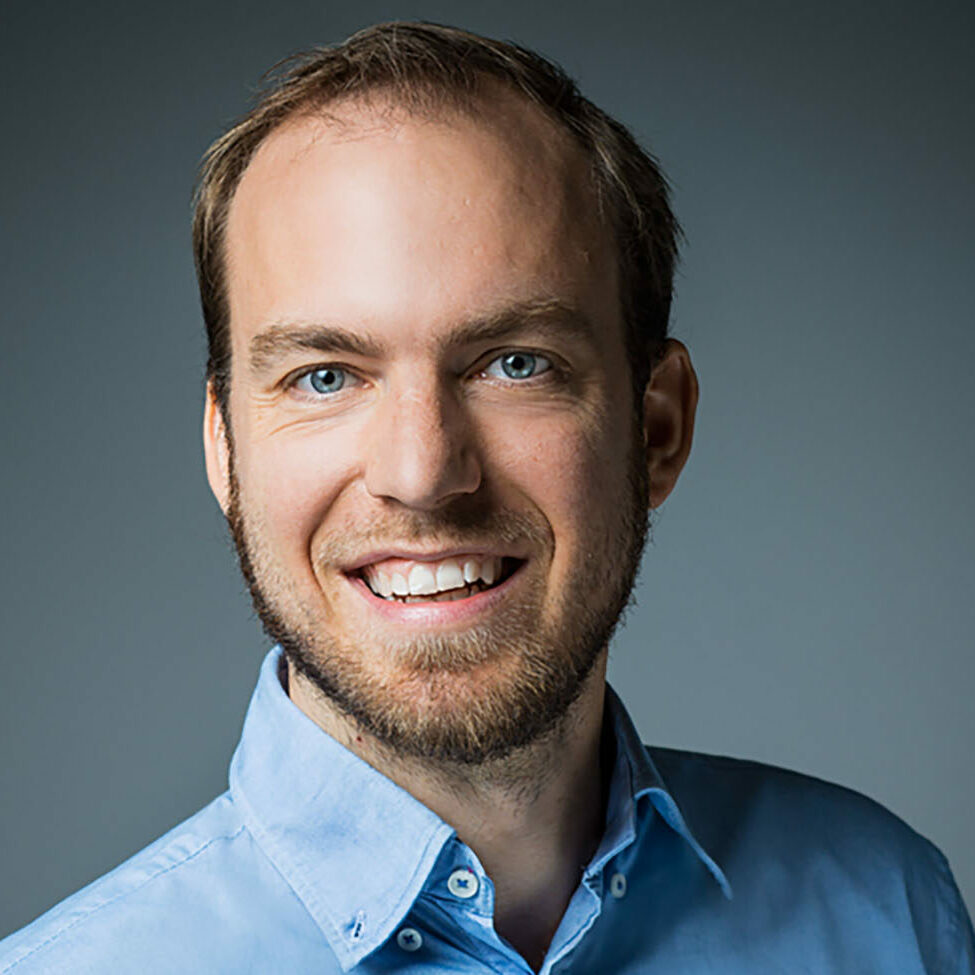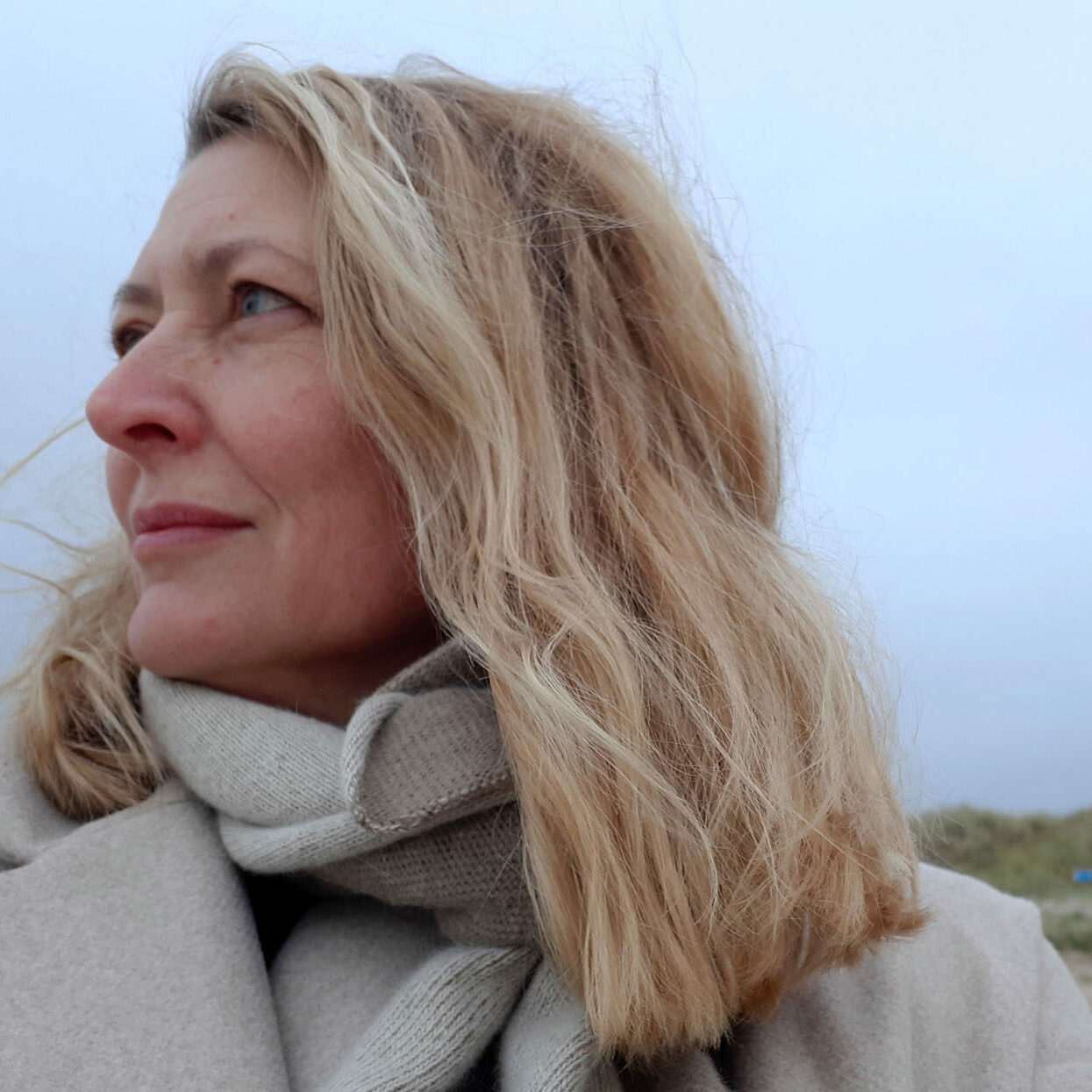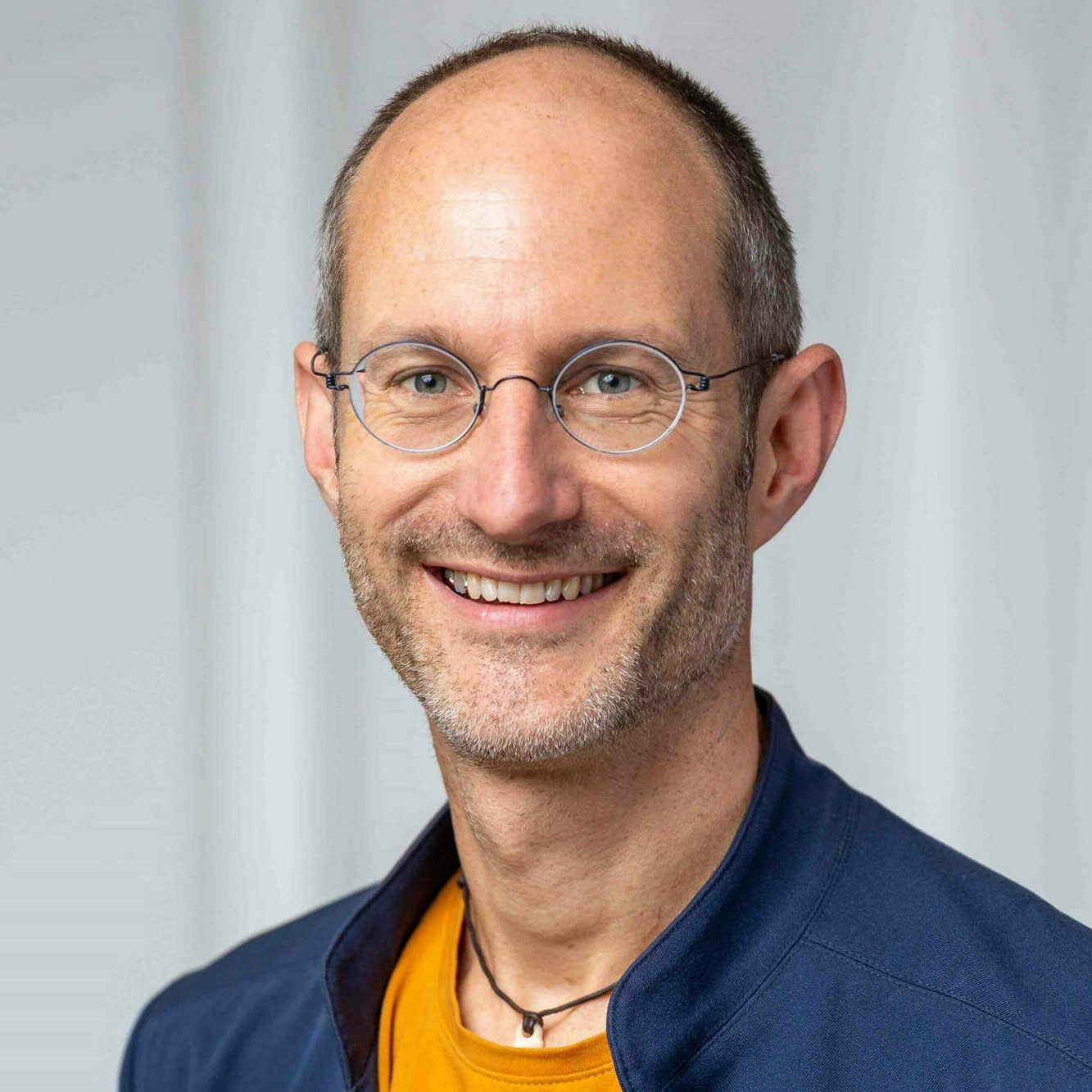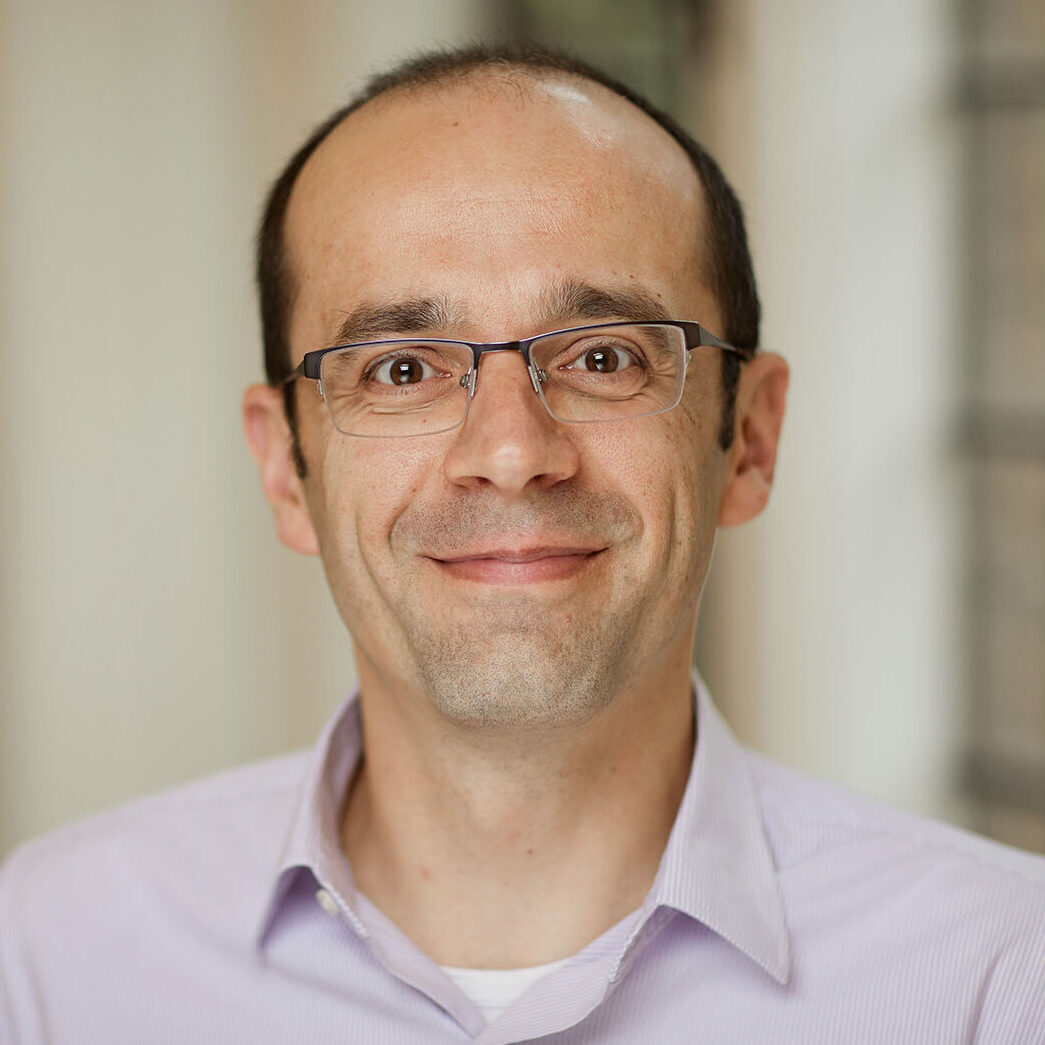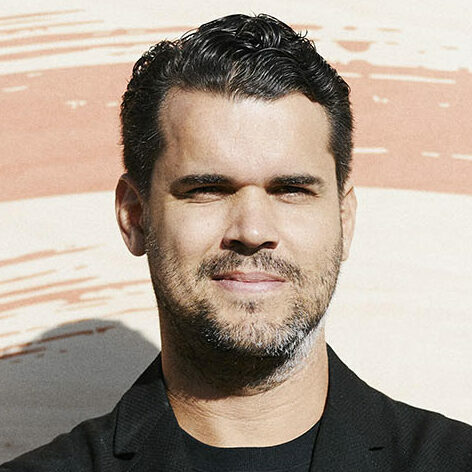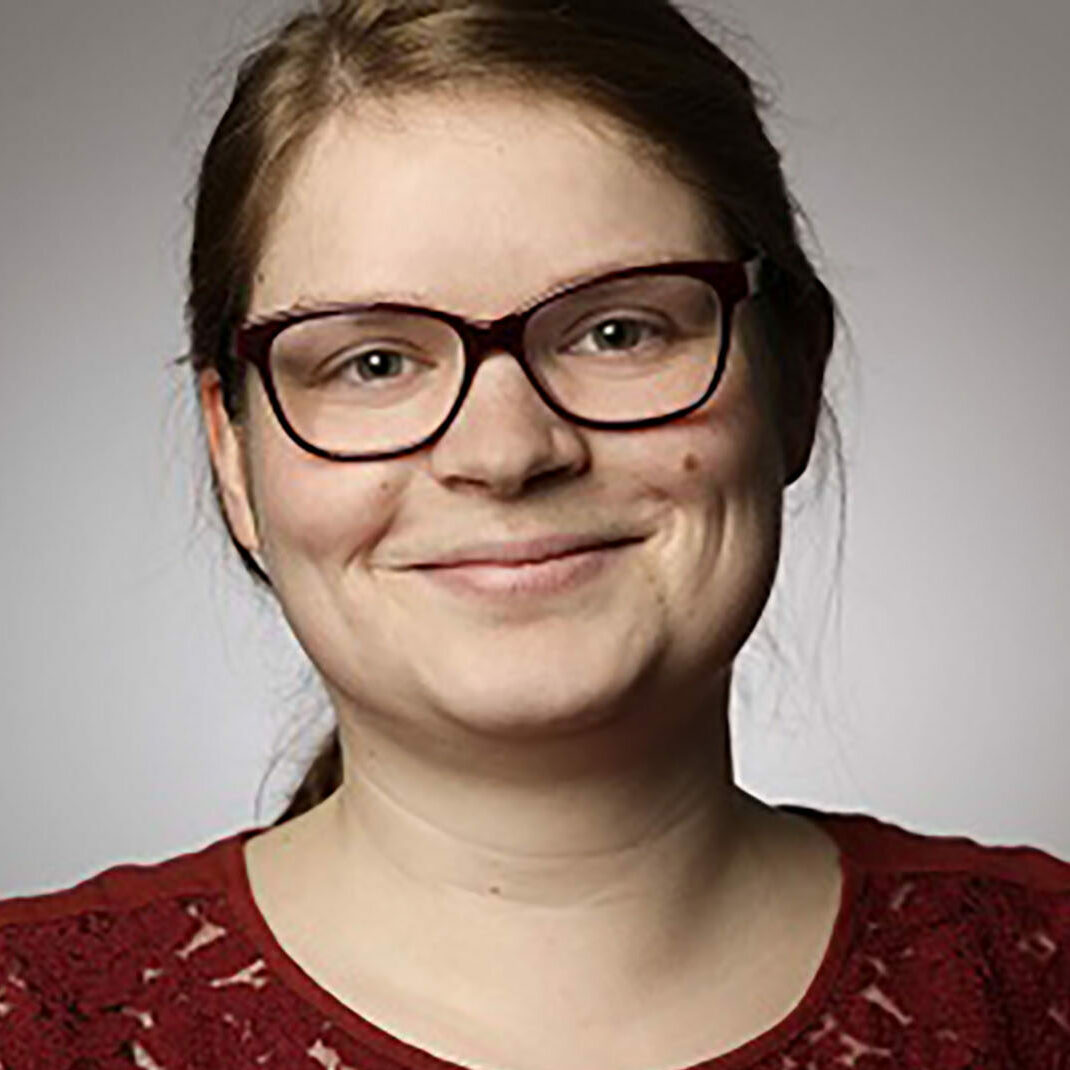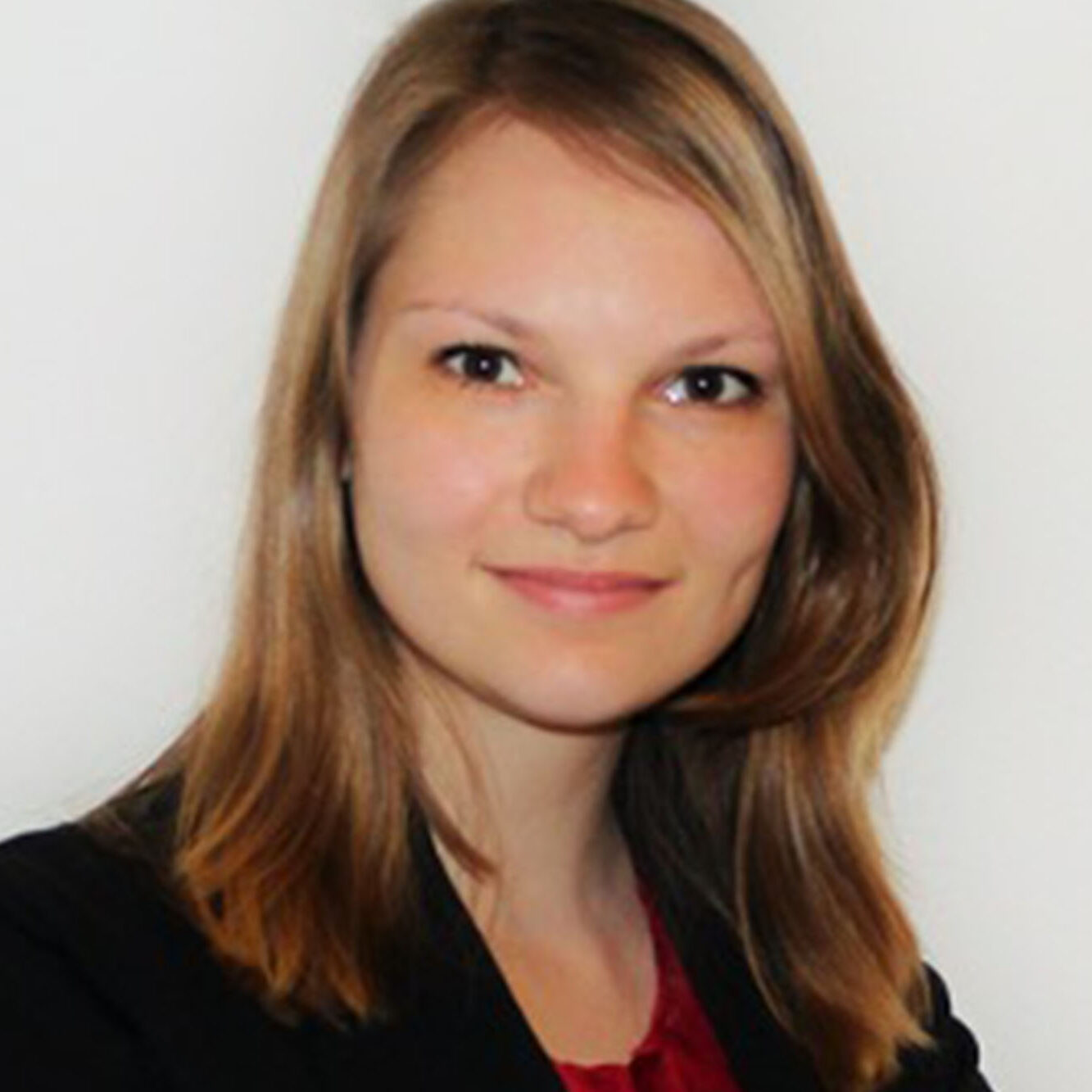© Mubera Boskov / istock.com
Research on digitalization and its manifold implications for social justice and environmental integrity has been gaining momentum in recent years. A number of analyses show that current forms of digitalization rather accelerate economic and social inequalities while environmental costs outweigh environmental benefits. Hence, the need for societal and political action to reshape digitalization is becoming increasingly clear. But what are the core elements of a sustainable digitalization that contribute to deep sustainability transformations, and how can these be implemented?
The European research network “Digitalization for Sustainability: Science in Dialogue“ addressed these questions by co-creating interdisciplinary approaches towards a sustainable global future in the face of the rapid development of digital technologies and applications.
Our Expert Panel consisted of researchers from European academia, think tanks, and civil society orgranizations including different scientific disciplines and reflecting diverse thematic and national backgrounds. The dialogue aimed at integrating various topics regarding digitalization/ICT (e.g., data governance, platform economics, surveillance/privacy, AI) with topics regarding sustainability transformations (inter- and intranational justice, sectoral transitions in energy, mobility and agriculture, sustainable production & consumption) in order to synthesize these into an integrated, comprehensive analysis of prospects, risks, governance options and policy solutions for a sustainable digitalization.
Out of the dialogue and the research endeavours of the Expert Panel, we published a series of policy papers, which developed both system knowledge derived from the interdisciplinary analysis as well as hands-on policy proposals on how to shape digitalization to make it work for sustainability transformations in form of our report Digital Reset.
Expert Panel
At the very core of this project stands a group of 15 renowned experts, consisting of European researchers and practitioners representing a variety of institutions and schools of thought. Find the members of our project team below.
Angelika Hilbeck researches and teaches at the Institute for Integrative Biology in the Department of Environmental Systems Science at ETH Zurich. As agroecologist she focuses her work on the environmental biosafety of genetically modified plants in ecosystems.
Dorothea Kleine leads the Digital Technologies, Data and Innovation group at the Sheffield Institute for International Development, University of Sheffield. Her research as a Professor of Human Geography investigates sustainable human development, global justice, and the role of digital technologies in making progress towards these aims.
Hugues Ferreboeuf is an entrepreneur and associated with the think tank The Shift Project where he has been leading the Lean ICT project. He has spent most of his professional career in the information technology sector, including 20 years in senior management positions.
European Commission
Observer
Ilias Iakovidis, PhD, is currently an Adviser at the European Commission, DG CONNECT coordinating the work related to Green digital transformation and acts as an observer to the project D4S.
Lina Dencik is Professor in the School of Journalism, Media and Culture at Cardiff University and Co-Director of the Data Justice Lab. She has published widely on digital media, resistance and the politics of data and is currently Principal Investigator of the DATAJUSTICE project funded by an ERC Starting Grant.
Lorenz Hilty is Professor of Informatics and Sustainability at University of Zurich, a member of the Steering Committee of the Foundation for Technology Assessment (TA-SWISS) of the Swiss Academies of Arts and Sciences, of the University Council of the University of Constance, and of the „High-level advisory group on digitalisation and sustainability“ of the German Federal Ministry for the Environment, Nature Conservation and Nuclear Safety.
Lucia A. Reisch is a behavioural economist and El-Erian Professor of Behavioural Economics and Policy at the University of Cambridge (UK). She is one of Europe’s leading academic experts in “nudging”, particularly in the field of sustainable consumption and production, and has published widely cited papers on the topic.
Norwegian University of Science and Technology
Marianne Ryghaug is full Professor of Science and Technology Studies at the Norwegian University of Science and Technology and leads the Center for Energy, Climate and Environment at the Department of Interdisiplinay studies of Culture, NTNU. Her areas of expertise include energy and climate policy, sustainability transitions and innovation policy, and studies of users, practices and public engagement.
Höjer is professor in Environmental strategies and Futures studies at KTH. He has mainly been working with Smart sustainable cities and Futures studies for sustainable development with focus on energy use and climate change mitigation.
Humboldt University Berlin, ECDF
Philipp Staab is Professor of „Sociology of the Future of Work“ at Humboldt-Universität Berlin and at Einstein Center Digital Future (ECDF). As a sociologist he works on topics of technology, work, political economy and social inequality.
Institute for Ecological Economy Research (IÖW)
Steffen Lange is a researcher at the Institute for Ecological Economy Research, affiliated scholar of the Resource Economics Group at the Humboldt University and associated researcher at the Technical University Berlin. As an economist he combines quantitative and qualitative empirical research with theoretical and conceptual methods to address sustainability issues.
Harvard University- Graduate School of Design | Tactical Tech
Stephanie Hankey is a designer, technologist and social entrepreneur with 20 years experience exploring the social and political impact of technology on society. She is a Loeb Fellow at the Harvard Graduate School of Design, co-founder of the NGO Tactical Tech and co-curated the touring exhibition „the Glass Room“.
Technical University Berlin, ECDF
Project Lead
Tilman Santarius is professor at the Technical University of Berlin and the ECDF, as well as Senior Fellow at the Institute for Ecological Economy Research (IÖW). He hast published on topics such as climate policy, world trade, sustainable economics, global justice and digital transformation and is leading the dialogue project.
Tim Schwanen is Professor of Transport Studies and Geography and Director of the Transport Studies Unit (TSU) in the School of Geography and the Environment as well as a Fellow at St Anne’s College, all at the University of Oxford.
Fab Lab Barcelona at IAAC
Tomas Diez is a Venezuelan Urbanist specialized in digital fabrication and its implications on the future of cities and society. He co-founded the Fab Lab Barcelona at the Institute for Advanced Architecture of Catalonia (IAAC) and is the director of the Fab City Research Laboratory.
Technical University Berlin
Johanna Pohl is a researcher at TU Berlin focussing on the integration of use-related aspects into life cycle assessments. She is coordinating the D4S project and responsible for the conceptualization of workshops and postprocessing of our dialogues.
Technical University Berlin
Patricia Jankowski is coordinating the D4S project with Johanna Pohl and responsible for organizational and communicative matters.

